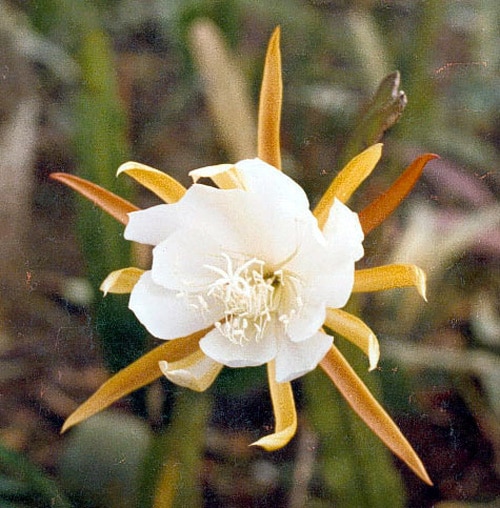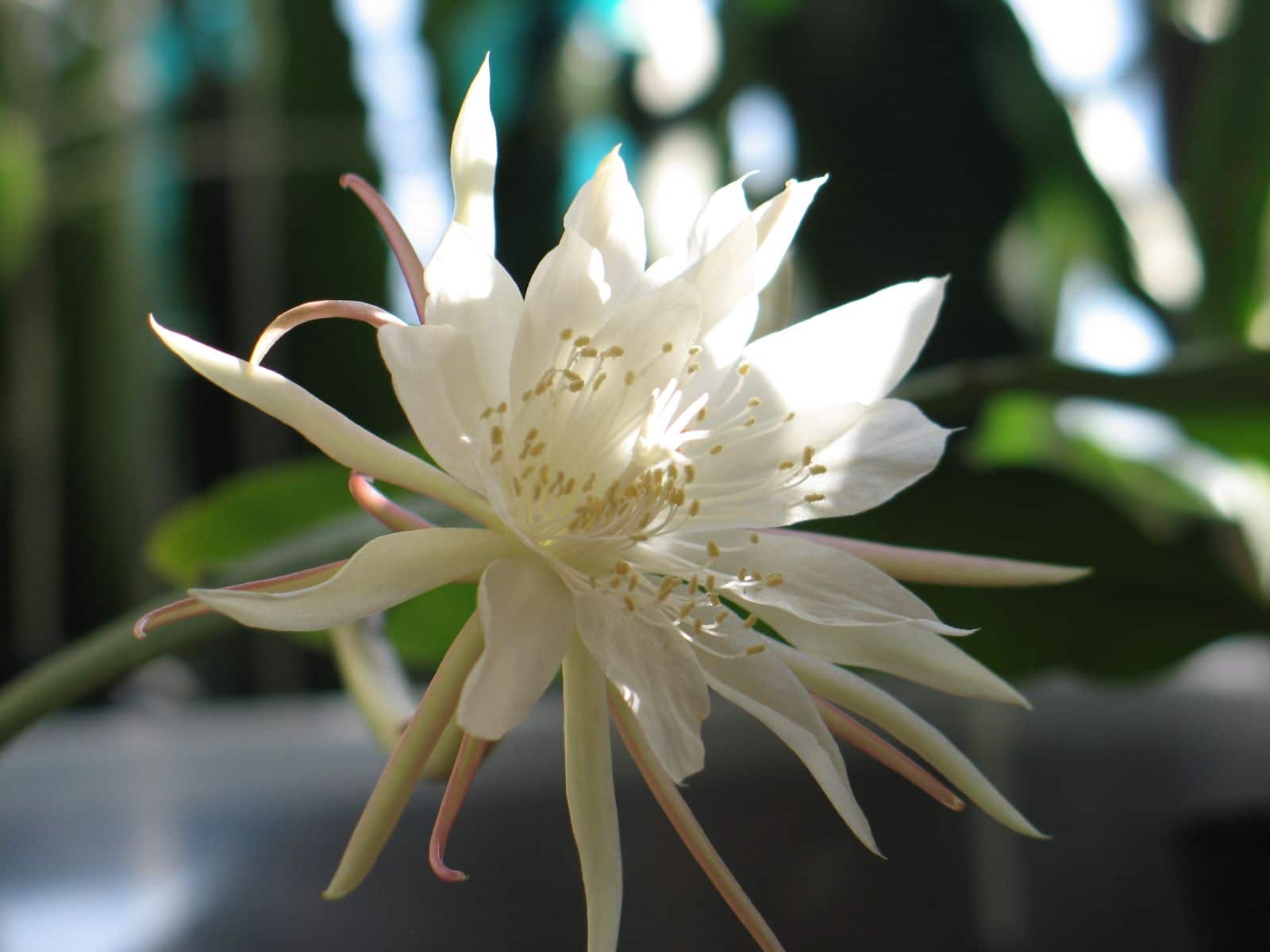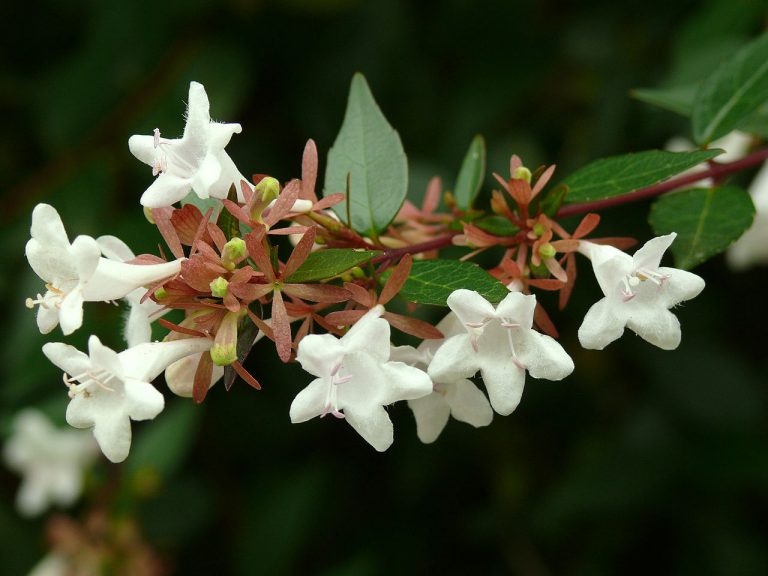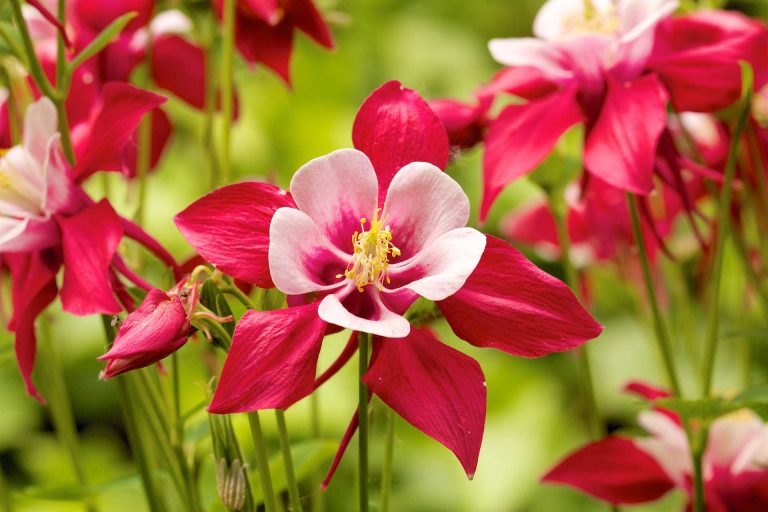Epiphyllum
Scientific Classification
| Kingdom: | Plantae |
| (Unranked): | Angiosperms |
| (unranked): | Eudicots |
| (unranked): | Core Eudicots |
| Order: | Caryophyllales |
| Family: | Cactaceae |
| Subfamily: | Cactoideae |
| Tribe: | Hylocereeae |
| Genus: | Epiphyllum |
The Epiphyllum cactus is also known as leaf cacti, orchid cacti and climbing cacti. It is known as Epiphyllum hybrids, just Epis or Epiphyllum. They are widely grown for their flowers. And it is often grown as a house plant and is relatively trouble free. It is a very unique and interesting plant and as it blooms at night, it is also known as Queen of the Night and the Lady of the Night.
History
The name of Epiphyllum is derived from the Greek “Epi”. This means on or upon and “Phyllon” means leaf. So the word “Epiphyllum” means “upon the leaf”. Early botanists believed that the flower of this plant came from a leaf and it’s actually the stem.
Anatomy
The active growing season of the Epiphyllum plant is summer and spring season. With lobed edges, the stems of this cactus are flat, 1 to 5 cm broad and 3 to 5 cm thick. This plant grows an edible fruit and the fruit tastes much like a passion vine fruit. The texture of this fruit is similar to kiwi. With numerous petals its flowers are large with 8 to 16 cm in diameter. These flowers are white in color and the outer petals usually have a yellow color and they bloom for a single night only. The Leaves of this plant bear large and strongly fragrant flowers. The flowering period for this plant is from the month of April to June.
Habitat
The Epiphyllum cactus plant is native to South and Central America and tropical central. It is also found in the Northern Hemisphere. Its habitat ranges are Mexico and Caribbean Islands.
Growing at Home
Soil
Potting mix soil is ideal for the Epiphyllum plant. The potting mix should never be wet, but always damp, and It will ensure fast and healthy growth. Organic soil is also ideal for this plant.
Planting

Epiphyllum – Photo by: Alfred Lau
The Epiphyllum cactus is planted by stem cuttings. It can also be started from seeds, but it takes up to 5 years. In a four inch pot, three cuttings can be planted with a drainage hole in the center of the base. Plastic pots are good for this plant to retain moisture in the soil. This plant grows best in a heated greenhouse and indoors.
Watering
The Epiphyllum cactus plant requires water, but over watering is not good as this will lead to rotting of the cuttings. Soil requires moistures, but should not be wet. This plant should be watered once in a week.
Care
The Epiphyllum cactus plant requires care from strong winds and storms. Good air circulation is also essential for the growth of the plant. Applying of regular fertilizers in spring or summer are also good for the plant. Full sunlight of morning time is good for the plant, but it requires shelter from high noon light. Drainage is also essential for this plant.
Temperature and Humidity
The Epiphyllum cactus plant prefers cool temperature. A Temperature of 50 to 60°F is ideal for it. Temperature below 35°F is not good for it because it kills the plant.
Pests and Disease
The Epiphyllum cactus plant is attacked by pests such as Aphids, mealy bugs and Glasshouse red spider mites. Mealy bug insects leave a cotton residue which is harmful for the plant. It can be removed by spraying and insecticidal soap. Sometimes it is also affected by bacterial and fungal diseases.
Uses
The Epiphyllum cactus plant has antibacterial properties and its stem is used medicinally to treat cardiac affections and dropsy. The petals of the faded bloom of this plant are used in the making of soup.

Having discovered a fondness for insects while pursuing her degree in Biology, Randi Jones was quite bugged to know that people usually dismissed these little creatures as “creepy-crawlies”.







